Alright – so today we’ve got the honor of introducing you to Jennifer Owens. We think you’ll enjoy our conversation, we’ve shared it below.
Hi Jennifer, thanks for joining us today. How did you come up with the idea for your business?
It all began with Thanksgiving.
In 2008, two Bhutanese families sat around my dining room table, sharing our Thanksgiving meal. After fleeing persecution in Bhutan and living in refugee camps in Nepal for sixteen years, the two families had only been in the United States for just two weeks. They were surprised and thrilled to be with us in our home.
“I never thought I’d be in an American’s home,” Dhital said.
Hearing their stories of being forgotten in refugee camps in Nepal for over fifteen years, after being forced to leave their home in Bhutan in the early 90s, left us all both shocked and humbled.
In 2008 the United Nations stepped in and began the process of granting asylum and resettlement to the Nepali-Bhutanese. Around our table sat some of the most recent asylees, full of hope for a new and better life.
And yet despite their glowing hope, what would life realistically look like for Yamo, a widow with two school-aged children, no English and little formal education?
This question wouldn’t leave my mind. The Lord wouldn’t let me forget these newcomers, and the wheels began to turn. I thought about it and prayed about it constantly. Slowly gaining momentum, He brought together people and ideas for a business and ministry partnering with refugee and immigrant women. Our vision for empowering the women, enabling them to earn additional income for their families while producing marketable handcrafts, came together in Forai (Friends of Refugees and Immigrants).
Less than a year later, in October 2009, Forai held its first gathering of American volunteers and women from Nepal, Bhutan, Burma, Togo and Kenya. I can’t say that I knew this idea would work. I just felt deeply compelled to try. And I felt deeply compelled that it was a worthwhile endeavor because the women and their families are worthwhile.
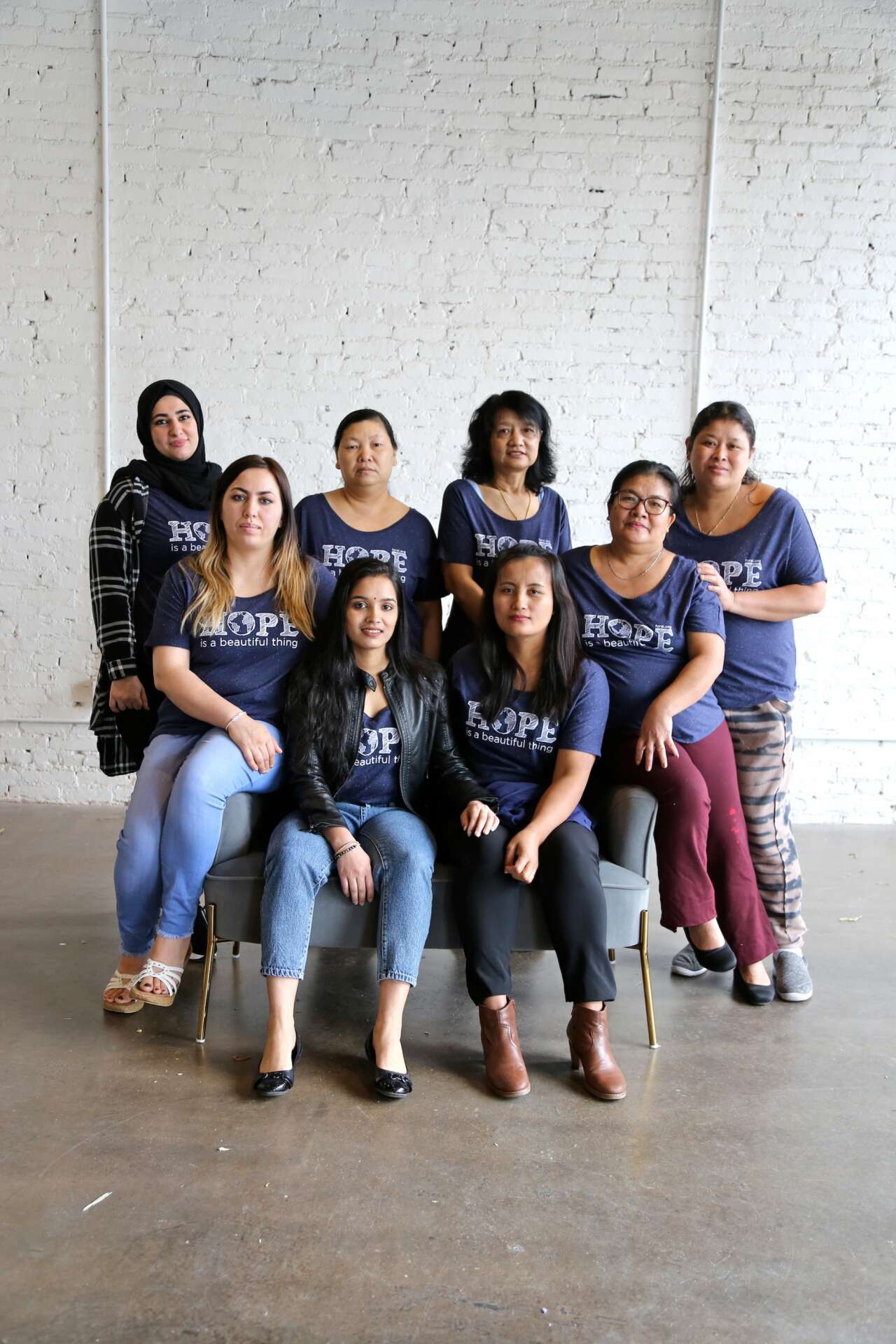
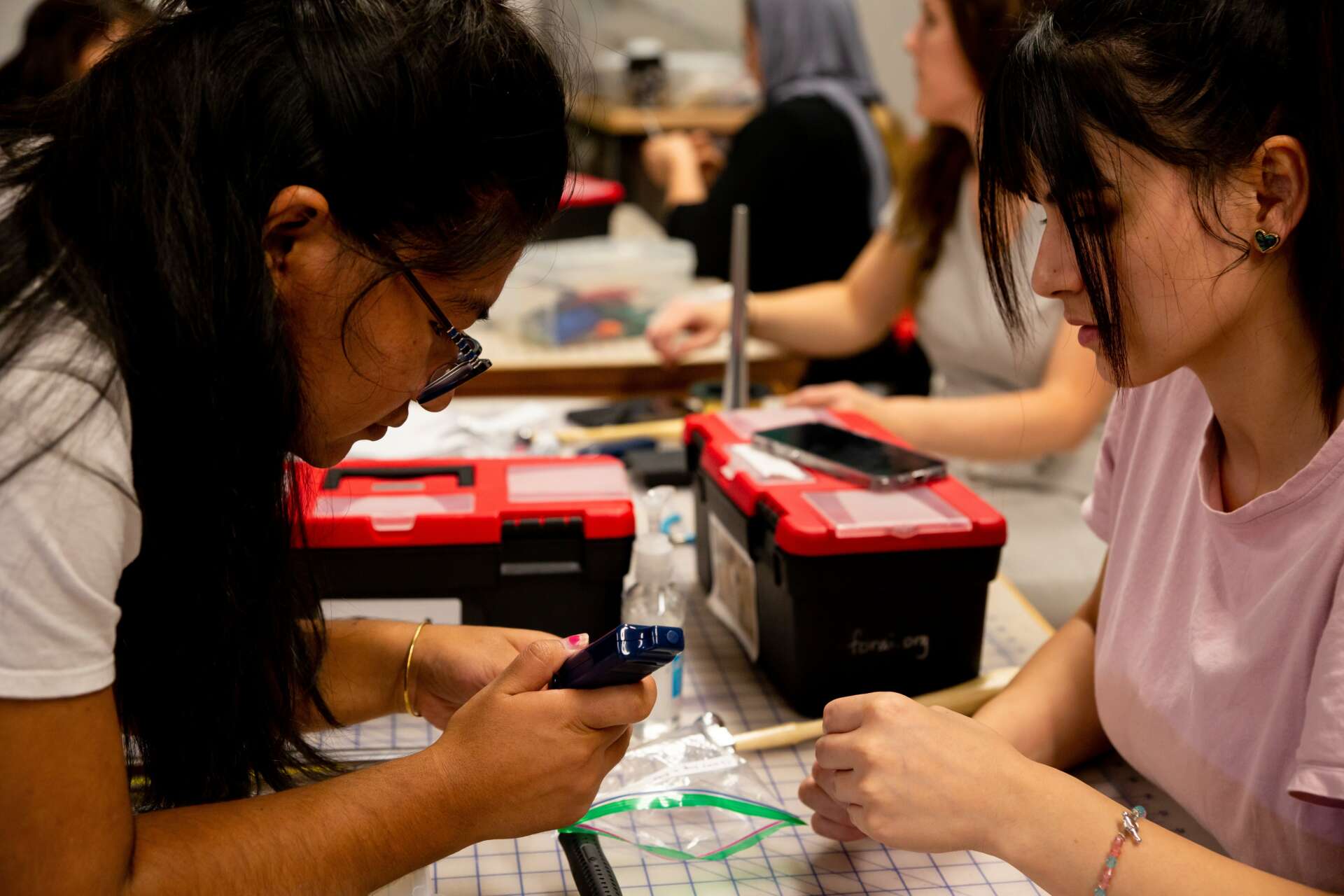

As always, we appreciate you sharing your insights and we’ve got a few more questions for you, but before we get to all of that can you take a minute to introduce yourself and give our readers some of your back background and context?
I never imagined myself starting a business! I have a psychology degree and my work was in campus and international ministry (my husband and I lived in Ukraine and Russia for five years, 1993-1998). But the experience of living in other countries, understanding what it is like to be a newcomer, and imagining myself trying to make a living for my family where I knew little of the language or culture were the ground from which the idea for Forai could take root and begin to grow. I think it was actually to my advantage that I didn’t know a lot about business, otherwise I might not have had the courage to jump in with both feet!
Each year Forai walks alongside 8-12 refugee and immigrant women on the artisan/artisan-admin team
and 20-30 women who take part in community sewing classes. Forai works to foster dignity and help these women’s stories be heard. We help empower them economically with income earned from their work. Our focus is providing home-based income generation for women who are unable to work full time outside the home and yet need the additional income (all artisans live below the 200% federal poverty line). And Forai creates community, a space where women from different backgrounds and cultures are mutually giving and receiving.
I get especially excited about our Admin Artisan program through which we promote artisans to administrative roles. Their hours include paid English and computer literacy. Working directly with another staff provides more English practice, understanding of workplace norms, development of leadership and management skills, and additional crafting skills. This program gives women the chance to shine, to reveal the gifts and talents that are often hidden by language barriers, and to begin to understand that they are capable of more than they thought possible! And the work hours are flexible, allowing them to bring their children to work, or organize their work hours to meet other family needs. The current Sewing Admin has a disabled school-aged son. While she needs to work in order to meet the family’s financial needs, she must also have flexible work due to no-show buses, requests to pick her son up early, as well as increased medical appointments.
Our tagline is “Hope is a beautiful thing.” When customers purchase Forai products, not only are they getting a high quality piece of jewelry, but they become part of the story of giving hope to our newest neighbors!
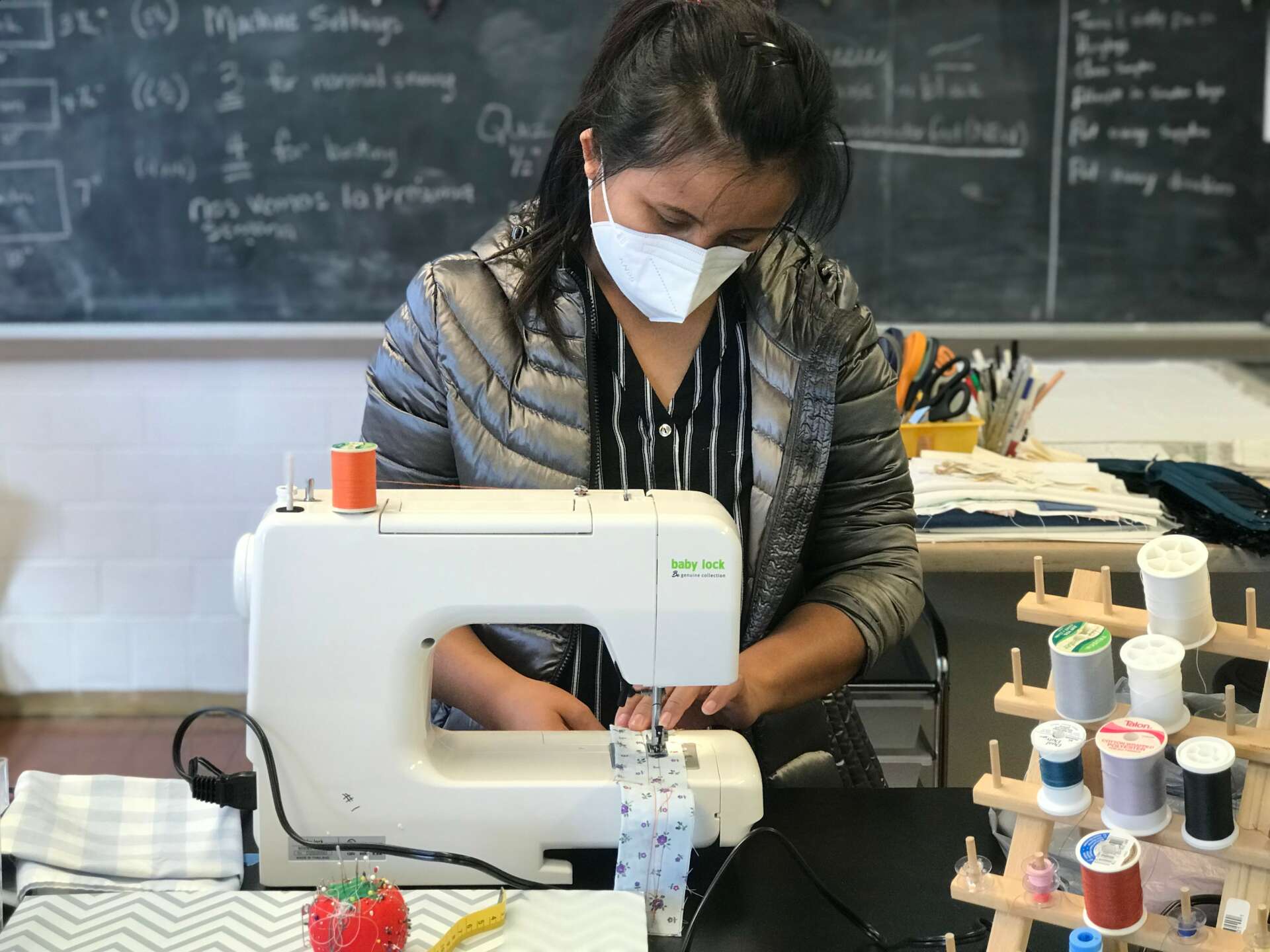

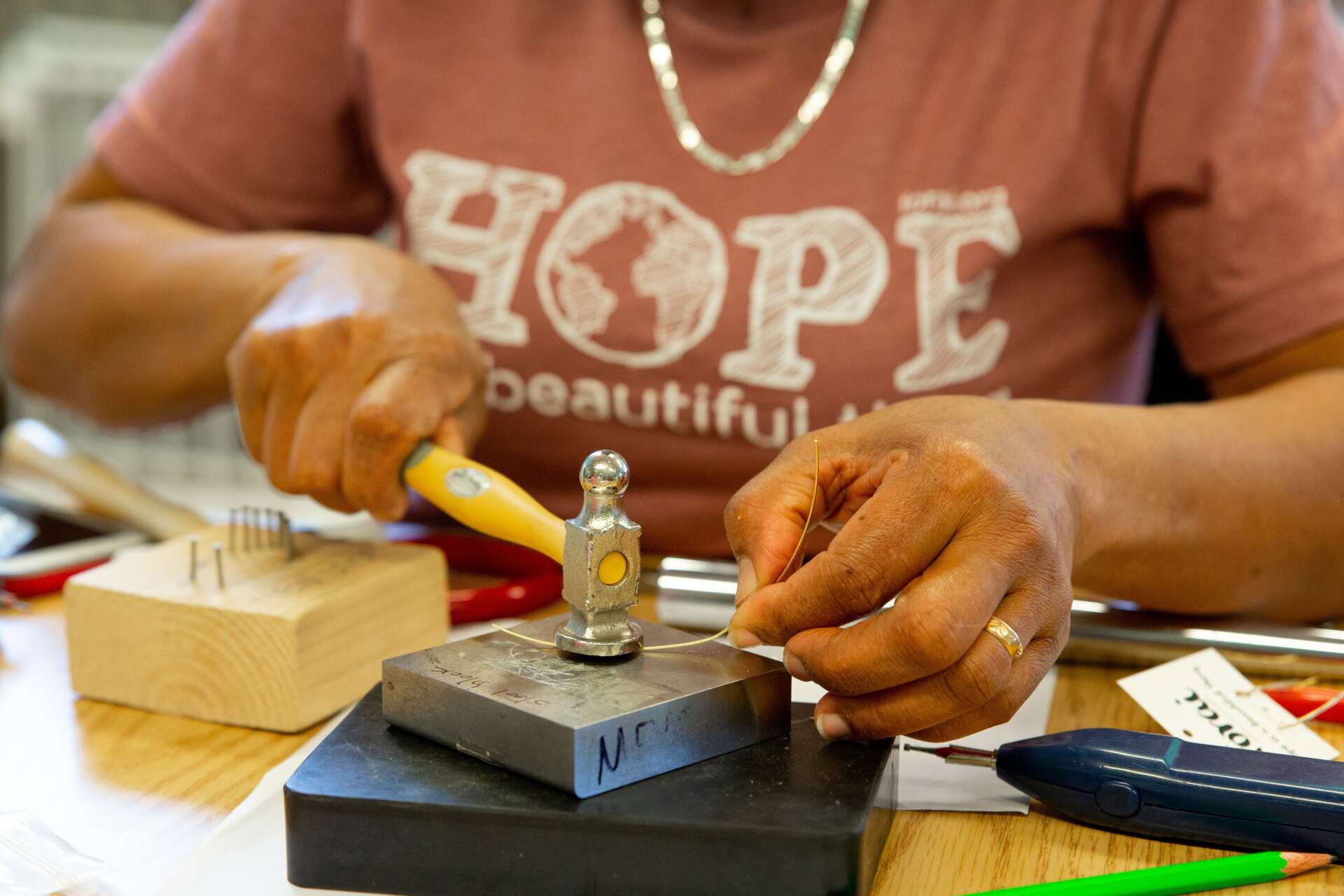
Can you tell us about a time you’ve had to pivot?
Prior to the pandemic festival events made up the majority of our sales revenues. In 2019 we participated in 45 sales events. The second largest percentage of sales was through wholesale partnerships locally and nationally. In March of 2020, when the pandemic shuttered most businesses and canceled all festival events, we really didn’t know what we were going to do to continue providing income for our artisans. The business closure mandates also impacted our ability to provide community for our artisans. The answer to both problems came unexpectedly.
Folks were going crazy sewing masks, but we didn’t know how to turn this into a money-maker for our artisans. Then someone who had heard me share about Forai at a conference connected me with her friend who was spearheading an effort to provide masks for healthcare workers and nursing homes. The supplies were donated; she just needed sewers! We created a video tutorial for the masks, organized volunteers to assemble kits and drop them off/pick them up from artisans’ homes, and rallied our customers and donors to buy and give masks. This allowed us to pay our artisans for their work AND donate the masks to meet the needs of hospitals, nursing homes, and volunteer groups. One artisan was able to make enough to make up for a few months when her husband was laid off from work! And even though we weren’t able to have in-person classes, dropping off supplies provided an easy way to keep in touch with artisans, share resources, and make sure their families were doing okay.
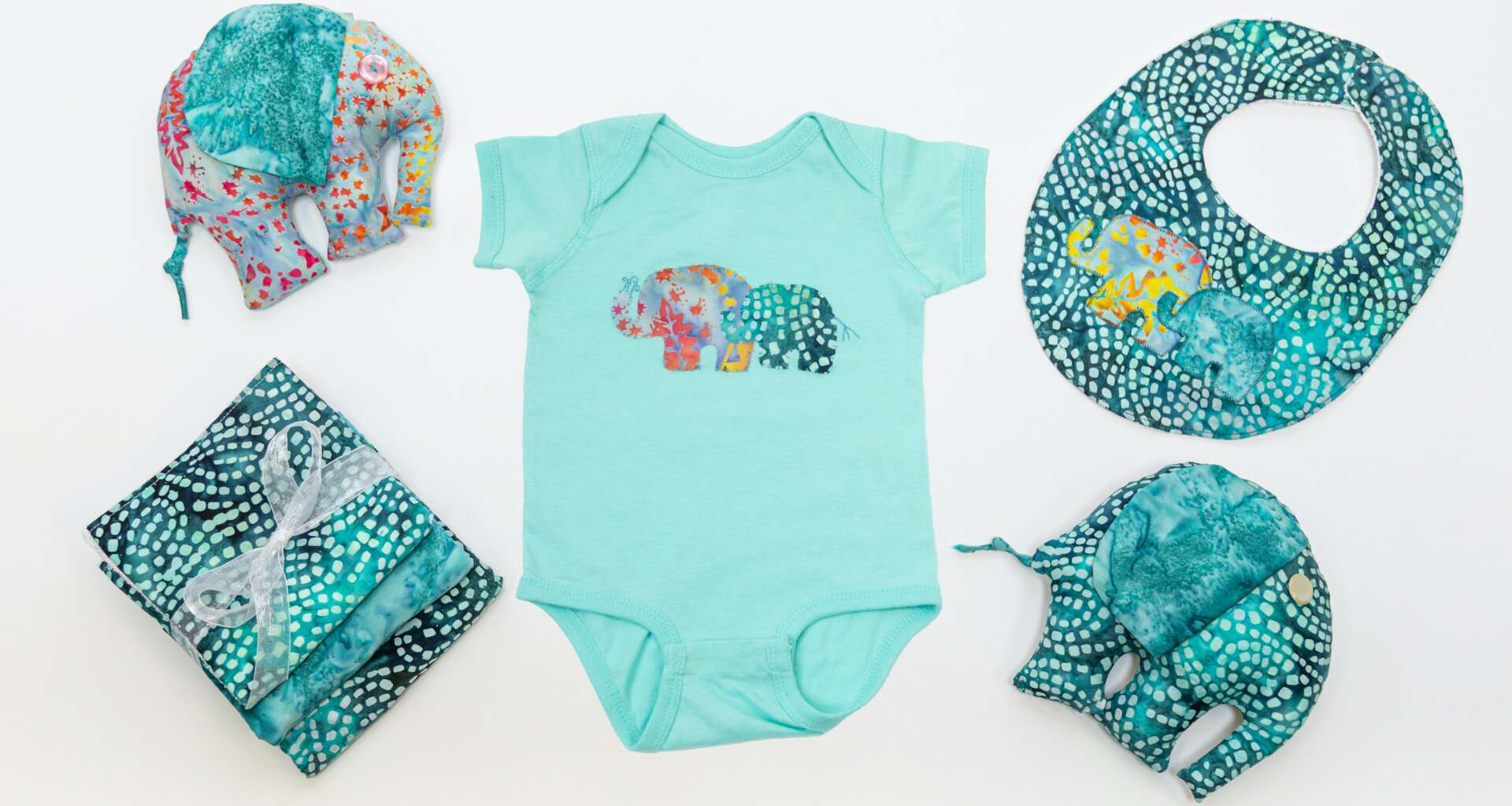
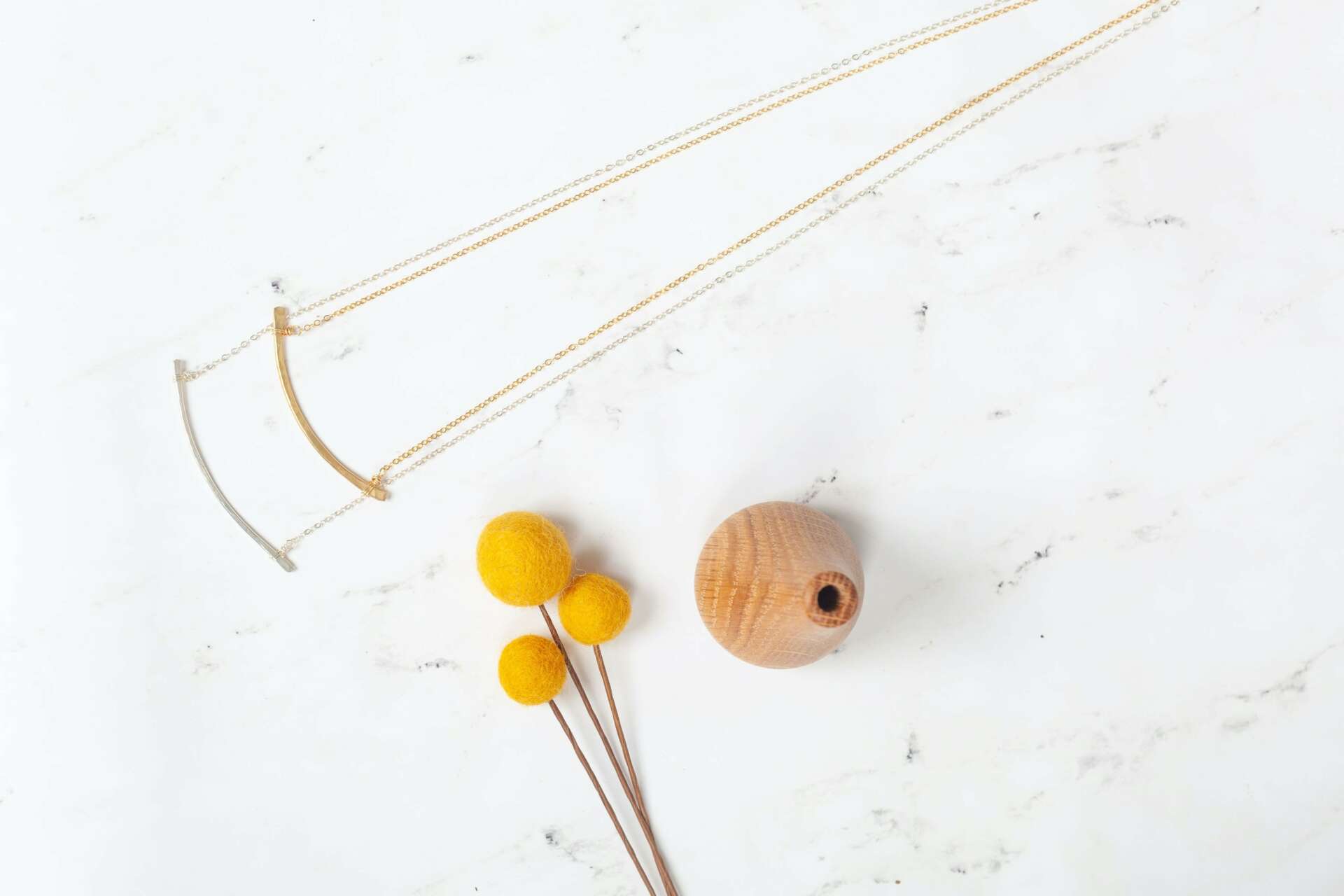
We’d love to hear your thoughts about selling platforms like Amazon/Etsy vs selling on your own site.
As a non-profit we feel that it is essential to have our own website to provide not only a shopping experience for those who love ethically-produced goods, but also provide a way to connect customers/donors with our artisans and share in their success. Shopify provides a platform that works well for us with integrated online sales and POS.
A few years ago we began adding other platforms (Amazon, Etsy, Abound, Discover, Faire), but as a small operation we found it very difficult to invest the time and resources needed to build the kind of outreach to make these successful. Last year we made the decision to do more with less. We elected to retail our products through our online store only and wholesale our products only through Faire. Instead of investing resources in maintaining several platforms we are investing in social media and e-marketing to build new wholesale partnerships and expand online sales.
Contact Info:
- Website: https://www.forai.org
- Instagram: @foraistl
- Facebook: https://www.facebook.com/ForaiStLouis
- Linkedin: https://www.linkedin.com/company/forai/?viewAsMember=true
Image Credits
Carol Lara Courtney Patch Sarah Katumu Tori Wright


